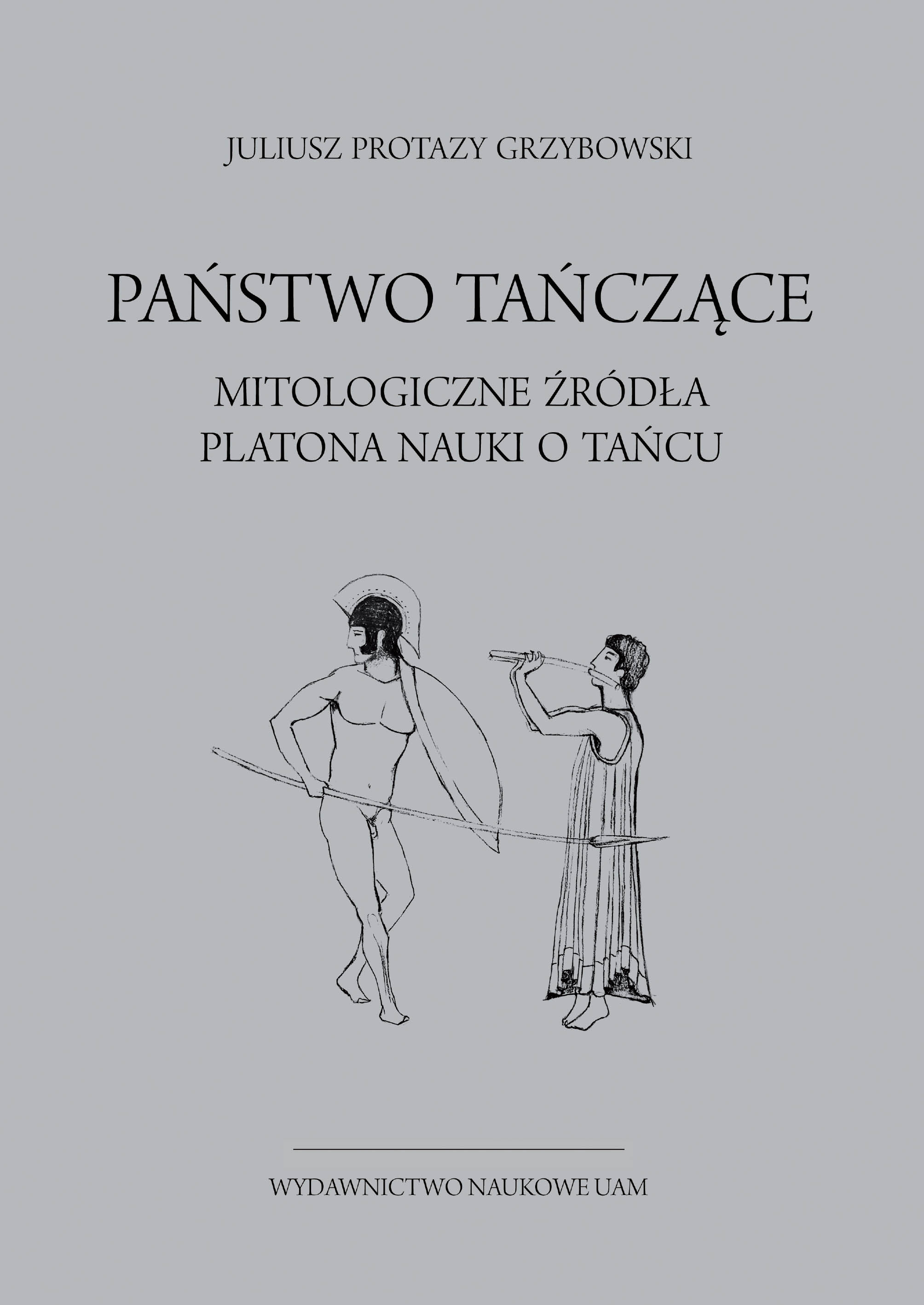Państwo tańczące
The dancing state
The mythological sources of Plato's teachings on dance
Author(s): Juliusz Grzybowski
Subject(s): Philosophy, Theatre, Dance, Performing Arts, Fine Arts / Performing Arts, History of Philosophy, Ancient Philosphy
Published by: Wydawnictwo Naukowe Uniwersytetu Adama Mickiewicza
Keywords: Plato; dance; Laws; war dances; Corybantes; Pyrrhichios; Marsyas; Gorgon;labyrinth;
Summary/Abstract: Dance is often neglected in studies on Plato, just as it is neglected in other situations, as an inferior art, to seme extent in keeping with the quasi-Platonic paradigm of the superiority of the soul over the body. Quasi-platonic, because in dance the body is endowed with a soul, and it even seems that it is in dance that we should look for the moment when the soul is most clearly present in the body. This is probably the reason why Plato eagerly turns to dance metaphors when he seeks the most appropriate way of talking about the soul. This is the case, for example, in the Phaedrus. Funnily enough, recently the discourse on dance has very often adopted an anti-Platonic formula, as if overcoming Platonism were an indispensable condition for a proper understanding of dance. Of course, there is a difference between Platonism and Plato, perhaps even an immeasurable one, but this anti-Platonic battle, which would like to present itself as an action or reaction that valorises the body, regardless of the nobleness of its intentions and perhaps of the benefit it brings with it, is something inelegant and quite possibly something that is simply unfair both to Plato and to dance. It is the case, rather, that the author of the book wishes to prove that Plato has much to say about dance. To my knowledge, nobody thought about dance as seriously as Plato, as evidenced by the omnipresence of dance in Plato's Laws dialogue. Plato initially classifies dance according to three criteria, and so we have wild and civilised dances, serious and frivolous dances, and war and peace dances. This somewhat technical outline of classification obviously raises a number of doubts and, let us add without further ado, doubts on the part of Plato himself. But this technical outline of the classification is also an interpretation of the state, and at the same time of what is human but nonetheless alien to the state. That which is alien still remains in relation to the state, even when it is a relation of an exile (wild dances) or of a disenfranchised citizen (frivolous dances).
- E-ISBN-13: 978-83-232-4057-0
- Print-ISBN-13: 978-83-232-4056-3
- Page Count: 582
- Publication Year: 2022
- Language: Polish
- eBook-PDF
- Table of Content
- Introduction

